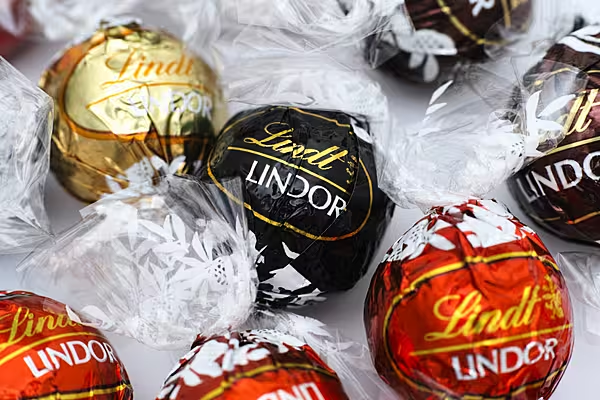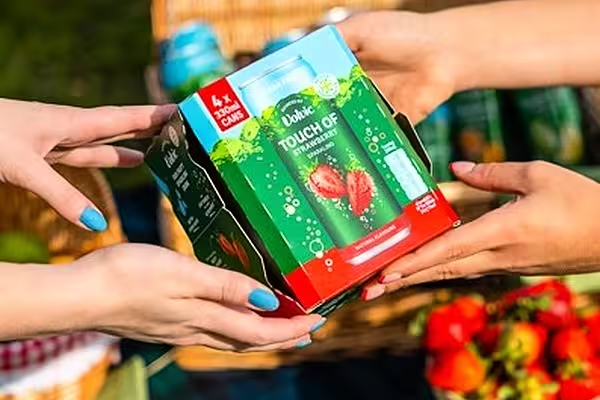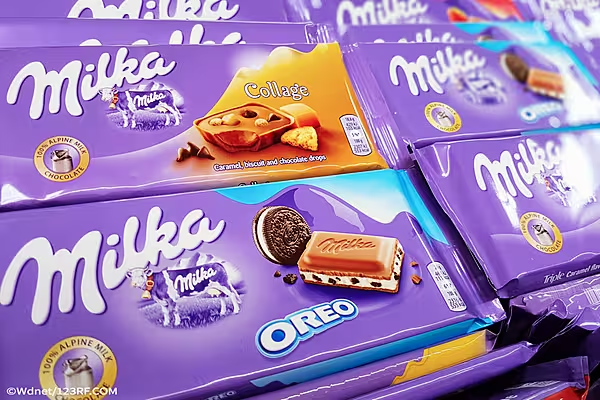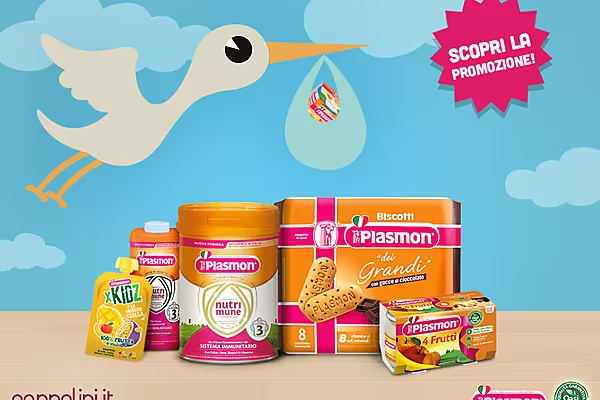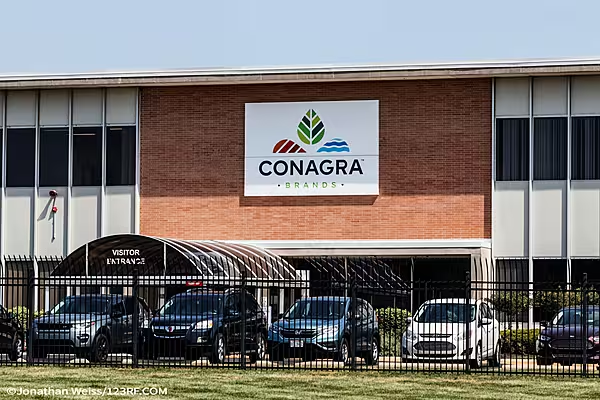Swiss chocolate maker Lindt & Sprüngli saw organic sales fall 6.1% last year, with only a lukewarm improvement in the second half as COVID-19 restrictions and the absence of travel weighed.
While many consumers bought Lindor chocolate balls and Lindt Excellence bars to eat at home, the Swiss company's store network and travel business were severely hit and the gift-giving also suffered.
Organic sales fell 6.1% last year, the Zurich-based company said in a statement. This was in line with company guidance for a 5-7% decline and implied only a slight recovery in the second half after an 8.1% drop in the first six months of 2020.
Kepler Cheuvreux analyst Jon Cox said organic sales were worse than expected with lockdowns and the absence of travel hurting the Christmas holiday season.
The company's participation certificates were indicated to open 1.1% lower based on premarket indications by bank Julius Baer.
Premium Growth
Lindt said it expected chocolate markets, and in particular the premium segment it operates in, to keep growing, adding it was well-positioned to gain further market share.
Lindt's biggest market, Europe, recorded an organic sales decline of 2.9% in the full year, an improvement over -4.9% in the half-year, helped by growth in key markets like Germany and the UK.
Organic sales in North America fell by 6.8%.
Lindt & Sprüngli said it expected to post a 2020 operating profit margin of around 10% when it publishes full results on March 2. The margin should return to around 15% in 2022.
It also confirmed its long-term target of 5-7% organic sales growth per year.
News by Reuters edited by Donna Ahern, Checkout. Click subscribe to sign up for the Checkout print edition.
